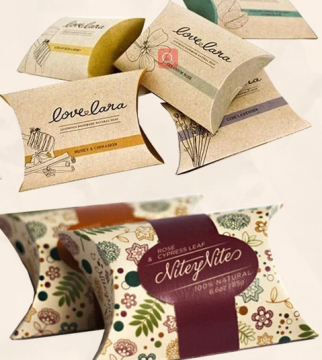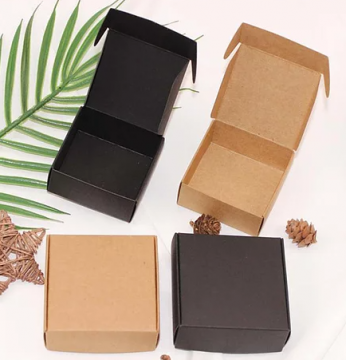The history and evolution of soap is a fascinating journey that spans thousands of years and various civilizations. Here’s a brief sudsy story of how soap has developed over time:
Ancient Beginnings:
- Babylonian Records: The earliest known references to soap-making date back to around 2800 BCE in ancient Babylon. They describe a mixture of water, alkali, and cassia oil used for cleaning purposes.
- Ancient Egyptians: The ancient Egyptians also used a soap-like substance made from a combination of animal and vegetable oils mixed with alkaline salts. They used it for personal hygiene and washing clothes.
Classical Civilizations:
- Ancient Greeks and Romans: Soap-making techniques spread to the Greeks and Romans. They used soap primarily for medicinal and personal hygiene purposes. The word “soap” itself is believed to have originated from the Latin word “sapo.”
Medieval Period:
- Middle East: During the Middle Ages, soap-making knowledge traveled to the Middle East, where soap became a major industry. Aleppo, in present-day Syria, became known for its high-quality olive oil soap.
Renaissance and Beyond:
- Europe: Soap-making methods spread to Europe during the Renaissance. However, the process was mostly labor-intensive and reserved for the wealthy.
18th Century:
- Industrial Revolution: The invention of the industrial processes, including the development of modern chemistry, led to the mass production of soap. Soap became more affordable and accessible to the general population.
19th Century:
- Discovery of Fatty Acids: In the 19th century, scientists discovered the chemical composition of soap – that it is made through the reaction of fatty acids with alkali. This paved the way for more advanced soap formulations.
- Personal Hygiene: The importance of personal hygiene became widely recognized during this period, contributing to increased soap consumption.
20th Century:
- Commercialization and Diversification: The 20th century saw the commercialization of soap on a global scale. Diverse types of soap, such as liquid soap and synthetic detergents, were introduced to cater to various needs.
Modern Era:
- Natural and Handmade Movement: In recent years, there has been a resurgence of interest in natural and handmade soaps. Many people are opting for artisanal, environmentally-friendly, and skin-friendly options.
- Aromatherapy and Wellness: The incorporation of essential oils and natural additives has led to the creation of soaps that offer aromatherapy and holistic wellness benefits.
Cultural and Regional Variations:
- Different Ingredients: Soap recipes vary across cultures and regions, often reflecting the available local ingredients.
- Traditional Practices: In many parts of the world, traditional soap-making practices are still preserved, showcasing the diversity of techniques and ingredients.
From its humble beginnings as a simple cleaning agent to the vast array of soaps available today, the history of soap showcases human innovation and the quest for cleanliness and self-care. Whether used for practical purposes or to indulge in a luxurious bath, soap continues to play a significant role in our daily lives.








